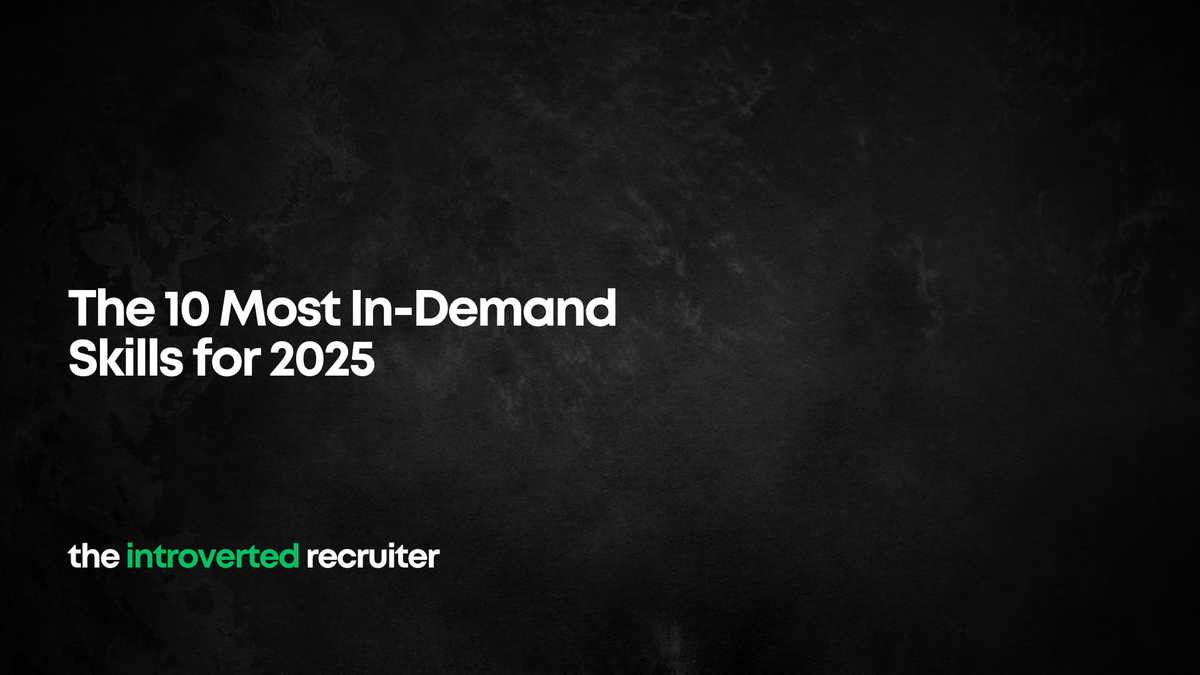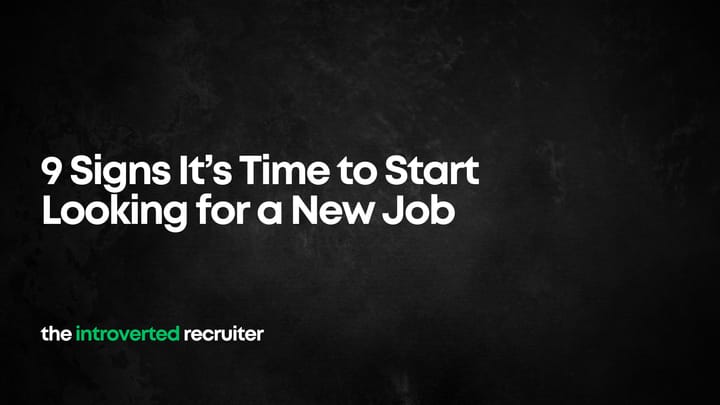The 10 Most In-Demand Skills for 2025

The world of work is changing faster than ever. By 2025, we’ll be living in a job market shaped by automation, globalisation, and an ever-growing reliance on technology. The skills that got you your last job might not be enough to secure the next one—and that’s not a scare tactic, it’s just reality.
But don’t worry, because with change comes opportunity. The key is staying ahead of the curve and building a skill set that aligns with what employers actually want. Whether you’re looking to climb the career ladder, switch industries, or simply future-proof yourself, understanding the most in-demand skills for 2025 is essential.
Here’s a breakdown of the skills that are likely to dominate the job market in the coming years—and how you can start building them today.
1. Digital Literacy
In 2025, being digitally literate isn’t just about knowing how to use Word or Excel—it’s about having a deep understanding of how technology works, how it’s changing industries, and how to use it strategically.
This doesn’t mean you need to become a software engineer (unless you want to). It’s about understanding the tools and platforms that are reshaping the way we work. Think data visualisation tools, customer relationship management (CRM) software, or project management platforms like Asana and Trello.
How to build it:
- Take online courses in tools like Tableau, Salesforce, or Google Analytics.
- Stay up to date with tech trends through newsletters like TechCrunch or Wired.
- Get hands-on with tech in your industry—most software offers free trials.
2. AI and Automation Skills
Artificial intelligence and automation are everywhere. From chatbots to supply chain management, these technologies are transforming industries. And it’s not just tech jobs that require AI skills anymore—sales, marketing, healthcare, and even HR are all leveraging AI to work smarter.
Knowing how to work alongside AI tools, automate repetitive tasks, and interpret AI-generated insights will make you a sought-after candidate in 2025.
How to build it:
- Familiarise yourself with AI-powered tools relevant to your field (e.g., Jasper for copywriting, HubSpot for marketing).
- Take courses on platforms like Coursera or Udemy about automation basics.
- Explore low-code platforms like Zapier to learn how automation works without needing programming skills.
3. Critical Thinking and Problem-Solving
Automation might handle the repetitive stuff, but solving complex problems and thinking critically? That’s still a human domain. Employers are crying out for people who can take a challenge, break it down, and come up with creative solutions.
Whether it’s troubleshooting a technical issue, improving a business process, or navigating a company crisis, critical thinking skills will always be in demand.
How to build it:
- Read widely—business case studies, strategy guides, and even detective novels can sharpen your analytical skills.
- Practise structured problem-solving techniques like root cause analysis or design thinking.
- Get into the habit of asking “why” and exploring alternative solutions before jumping to conclusions.
4. Adaptability and Resilience
If the past few years have taught us anything, it’s that change is constant. Employers want people who can adapt to shifting priorities, learn new skills quickly, and stay positive under pressure.
Adaptability isn’t just about being flexible; it’s about embracing change and thriving in uncertainty. Resilience, on the other hand, is the ability to bounce back after setbacks—whether that’s a missed deadline, a failed project, or a pandemic-level disruption.
How to build it:
- Push yourself out of your comfort zone—try new hobbies, volunteer for unfamiliar tasks at work, or explore a side hustle.
- Practise mindfulness or meditation to build emotional resilience.
- Learn to reframe failures as opportunities for growth.
5. Emotional Intelligence (EQ)
As automation takes over technical tasks, the human side of work becomes more important. Emotional intelligence—your ability to understand and manage your own emotions, as well as empathise with others—will be a must-have skill in 2025.
Leaders with high EQ build stronger teams, resolve conflicts effectively, and inspire loyalty. Even outside leadership roles, EQ helps you navigate workplace relationships, handle feedback, and collaborate successfully.
How to build it:



